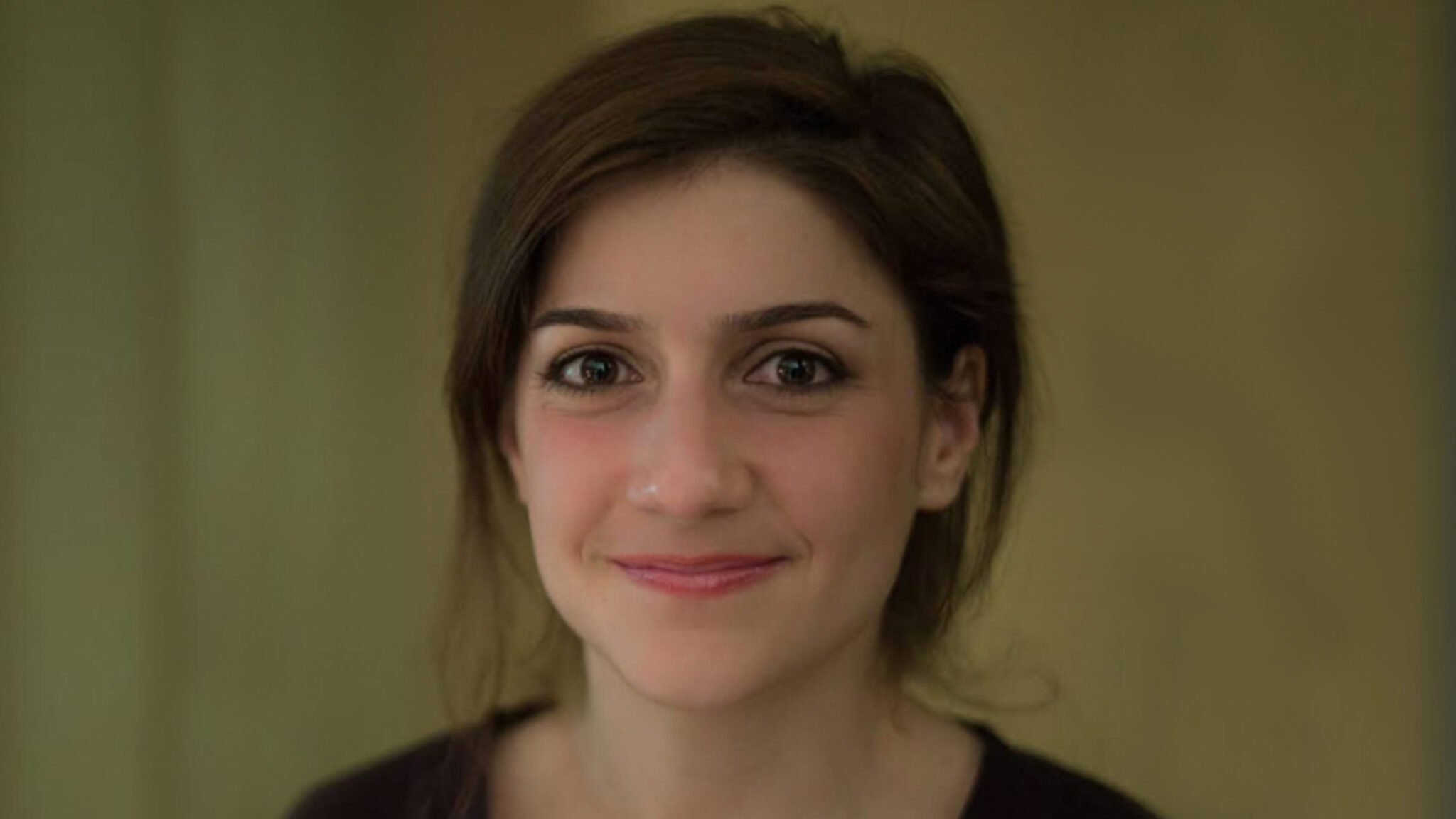
CEO Lex Rovner (64x Bio)
A George Church spinout fighting the viral vector bottleneck in cell and gene therapy lands $55M
A synthetic biology company spun out of George Church’s lab is set to tackle the gene therapy manufacturing bottleneck, and it just landed $55 million …
Sign up to read this article for free.
Get free access to a limited number of articles, plus choose newsletters to get straight to your inbox.